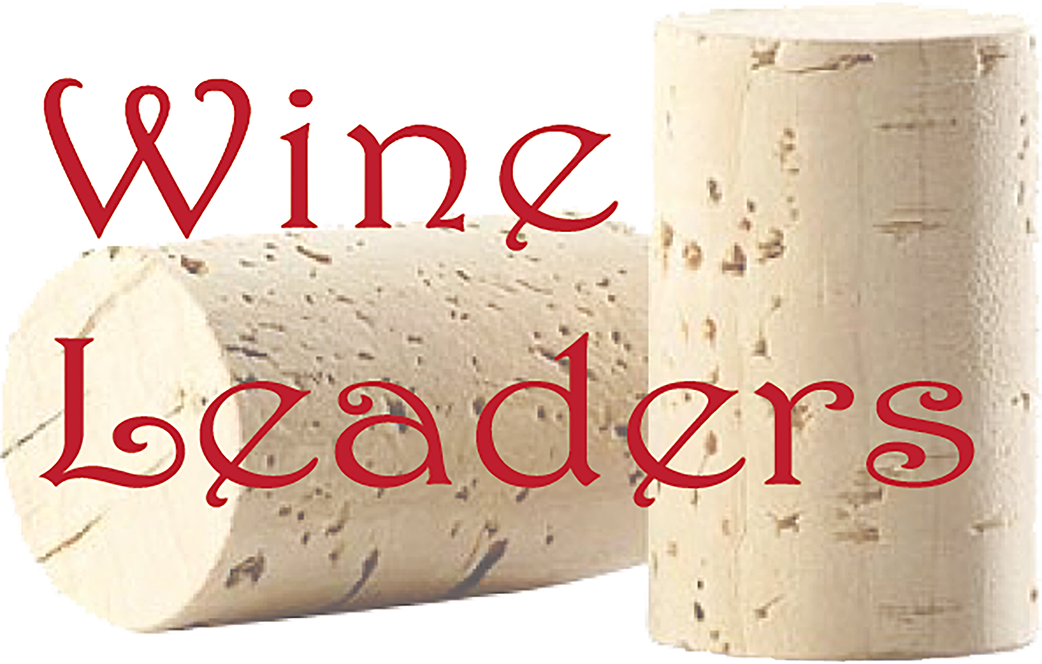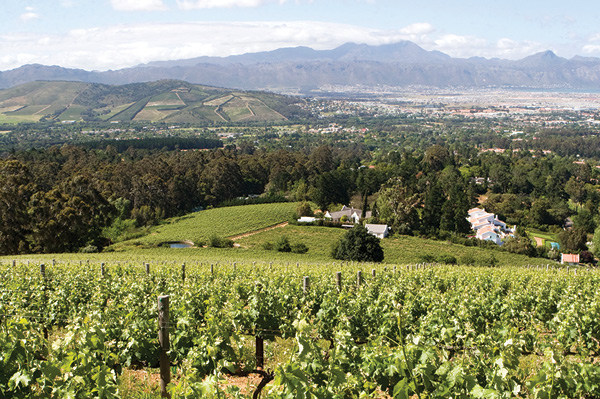- Home
- Media Kit
- Current Issue
- Past Issues
- Ad Specs-Submission
- Ad Print Settings
- Reprints (PDF)
- Photo Specifications (PDF)
- Contact Us


![]()
ONLINE

Exploring South
African Wines
Editors’ Note
Siobhan Thompson was appointed to her current post in November of 2013. Previously, Thompson was Distell’s Global Head of Marketing on various portfolios including Brandy, International Whisky, and Liqueurs, which included Distell’s flagship Global brand, Amarula. Her extensive experience includes marketing fast moving consumer goods, beauty products, and tertiary education. She began her working career in market research, first for Research Surveys and then AC Nielsen. She holds a B Tech in Marketing and has completed the Manchester Business School’s Advanced Marketing Strategy program.
Company Brief
Wines of South Africa (wosa.co.za; WOSA) is a fully inclusive body, representing all South African producers of wine who export their products. WOSA, which was established in its current form in 1999, has over 500 producers on its database, comprising all the major South African wine exporters. It is constituted as a not-for-profit company and is totally independent of any producer or wholesaling company. It is also independent of any government department, although it is recognized by government as an Export Council. WOSA’s mandate is to promote the export of all South African wines in key international markets. Traditional markets include the United Kingdom, Germany, Sweden, and the Netherlands. More recently, WOSA has also been developing markets for South African wines in the United States, Canada, Russia, and Asia.
What is the history of this organization and how it has evolved to where it is today?
WOSA was created around the late 1990s. It was started at this time because the South African industry had really opened its doors to international trade because of the fall of Apartheid. Being a quite fragmented yet knowledgeable marketing industry, they wanted an organization that could lead brands from South Africa beyond the borders of the country.
The first five years were rather difficult, until we were recognized by the Department of Trade and Industry as an export council, which then allowed us to collect statutory levies that helped fund the organization.
Our mandate is to reach out to the world and promote Brand South Africa in terms of wine, and promote our position as a world-class wine-producing industry.

Kings Kloof vineyards in Stellenbosch, South Africa
How has the recognition for the brand grown?
We had to start by contending a general lack of knowledge of where South Africa is located and the misconception that we cannot grow grapes and make wine because it’s dry, arid, and has poor soil. Fortunately, Americans are becoming more savvy when it comes to wine, and more curious to explore wines from emerging regions. We’re seeing younger generations traveling and becoming more knowledgeable about the world.
In terms of establishing South Africa as a wine destination, our position is now better but there is still work to be done. We have a bit of a “hangover” from the ’80s and ’90s when we had a limited supply of wine and it was all perceived as being at a certain level.
Americans have the third largest number of travelers to South Africa after the U.K. and Germany, and we’re starting to gain acceptance that we can make world class wine, but we still have a way to go towards becoming a household brand in the U.S.
However, in the U.S., we are making progress in terms of growing the value of our higher premium levels. Over the past year, we’ve increased our value growth by threefold in the U.S., so we’re getting to the right price levels and starting to grow.
Is the U.S. the key focus for you?
Yes, it’s one of our key markets. We have maintenance markets concentrated in Europe, where we are probably better established as Brand South Africa with our wine.
The future source of growth is definitely the U.S., China, and Africa. The U.S. is a developed market in terms of its economy and it has a growing wine culture, and that is important.
Our challenge is that our budgets are small so we have to choose a few states and be very smart about how we work. We focus more on business to business rather than business to consumer.
As a membership organization, how do you work with the local brands as you promote Brand South Africa?
We use individual wineries (brands) to tell our story and do tastings with them, but we spread our efforts across the entire base.
Every brand that exports belongs to WOSA, because they contribute towards our levies. But we have to be fair in terms of how we spread the love.
We obviously focus more on brands that are in the market for international distribution.
What are some of the advantages South Africa offers in terms of wine?
Our biggest advantage is our broad offering both in our wine tourism and in our wine offerings. The most exciting thing about South Africa is that we have such diversity of environments; we have microclimates and soils that are amazingly varied. We call it our treasure trove of discovery, because people can start exploring South African wine and never tire of it.
Our wine tourism offerings are world class. We are unique in that we can offer great food, accommodations, entertainment, and wine all in one place. Once we get people into South African wines, they come back as ambassadors for the brand.
How challenging is it today to cut through the noise in such a crowded marketplace?
Much of the wine market lacks strong brand building and it’s always a challenge. Winemaking is such a passionate art and we work to break through to find that hook that is unique for South Africa. We have a world-class Chenin market and the most Chenin plantings in the world. We have a Cape blend that is a red blend with a majority of Pinotage in it, which is one of our unique grapes. We talk about these points of differentiation and get people interested in further telling these stories.
We’ve also been telling many international people about the energy and excitement that is being generated in South Africa. There is a whole new breed of winemakers who have come from traditional backgrounds but who carry a passion to push the boundaries within the regulations of winemaking. Similar to wine-producing countries in Europe, South Africa is highly regulated in terms of wine production.
Are you happy with the price value you have reached for South African wines internationally?
Traditionally, South Africa has been recognized for offering good quality at an affordable price. That got us into many markets around the world but also became a disadvantage in that we got shoehorned into that level, particularly in Europe. Our challenge in these markets is to get our wines listed in higher-price tiers.
In the U.S., we have managed to position ourselves better, and while still being recognized for offering high quality wines and at a good price, we have attained strong growth in the above the $15 mark.•